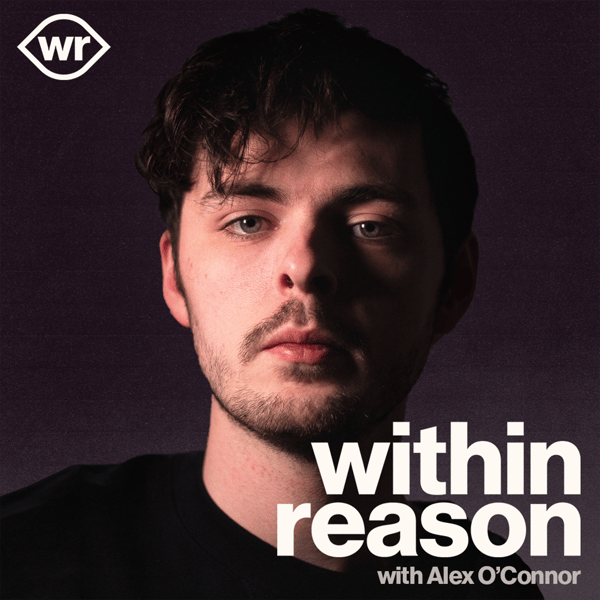#91 Filip Holm - What is Sufism? Islam and Mystical Experience
Within Reason
Alex O'Connor
4.9 • 1.8K Ratings
🗓️ 13 December 2024
⏱️ 84 minutes
🧾️ Download transcript
Summary
Filip Holm is the creator and host of "Lets Talk Religion", a YouTube channel which aims to educate on the subject of religion from an academic perspective.
He joins the show to discuss Sufism, which can broadly be defined as the mystical tradition within Islam.
Transcript
Click on a timestamp to play from that location
| 0:00.0 | Philip Poll, welcome to the show. |
| 0:02.0 | Thank you so much for having me. |
| 0:04.0 | What is it that distinguishes so-called mystical religious practices and beliefs from just normal, for one of a better word, religious practices and beliefs? |
| 0:14.0 | That's a very good question. The term mysticism in general is a very, it's a hotly debated and disagreed upon word in scholarship. |
| 0:26.6 | Some people think that the word mysticism is unusable, that just has too many problems with it. |
| 0:33.6 | And in general, it's just a widely debated term. |
| 0:41.0 | The way that it's been understood, at least in the modern world, is often going back to |
| 0:46.8 | people like William James, who defines it as, particularly defines mysticism as relating |
| 0:53.4 | to experiences, so experiences of absolute reality. |
| 0:58.0 | That is a bit limiting in many ways, and so in the last few decades, scholarship debates |
| 1:07.0 | whether there is even such a thing as a pure mystical experience outside of the sort of socio-religious environment in which a mystic figures. |
| 1:19.6 | But in general, there is actually a definition of mysticism that I quite like by Bernard McGinn, who is one of the leading scholars of Christian mysticism in particular. |
| 1:32.0 | I think I have it written down here somewhere. |
| 1:35.1 | So he says that mysticism, at least in the Christian context, is belief and practices that concerns the preparation for the consciousness of and the reaction to what can be described as the immediate or direct presence of God. |
| 1:49.0 | If you want to broaden that, we can maybe switch out the word God with absolute reality or the absolute in some way. |
| 1:57.0 | So what distinguishes mystics from non-mystics within a given religion is often imagined to be this approach that is often aimed at a sort of inner experience or consciousness of becoming sometimes united with, although uniting, that word |
| 2:21.8 | can be understood in different ways, but uniting with or being in the presence of the absolute |
| 2:26.6 | reality in this life. So in Sufism, for example, which is the tradition that I've studied primarily, this comes from Islam. |
| 2:36.6 | And in Islam, there's this idea that after death at the day of judgment, people will get to see the face of God or experience God at that point. |
| 2:46.1 | But Sufis are sort of, they're impatient, right? They want to have that experience of God |
| 2:54.7 | right now in this life, right? So that is, even though it's difficult to define, but I would |
| 3:01.0 | say, if anything, that's what sort of characterizes a mystic as opposed to someone who isn't. |
... |
Transcript will be available on the free plan in -110 days. Upgrade to see the full transcript now.
Disclaimer: The podcast and artwork embedded on this page are from Alex O'Connor, and are the property of its owner and not affiliated with or endorsed by Tapesearch.
Generated transcripts are the property of Alex O'Connor and are distributed freely under the Fair Use doctrine. Transcripts generated by Tapesearch are not guaranteed to be accurate.
Copyright © Tapesearch 2025.

